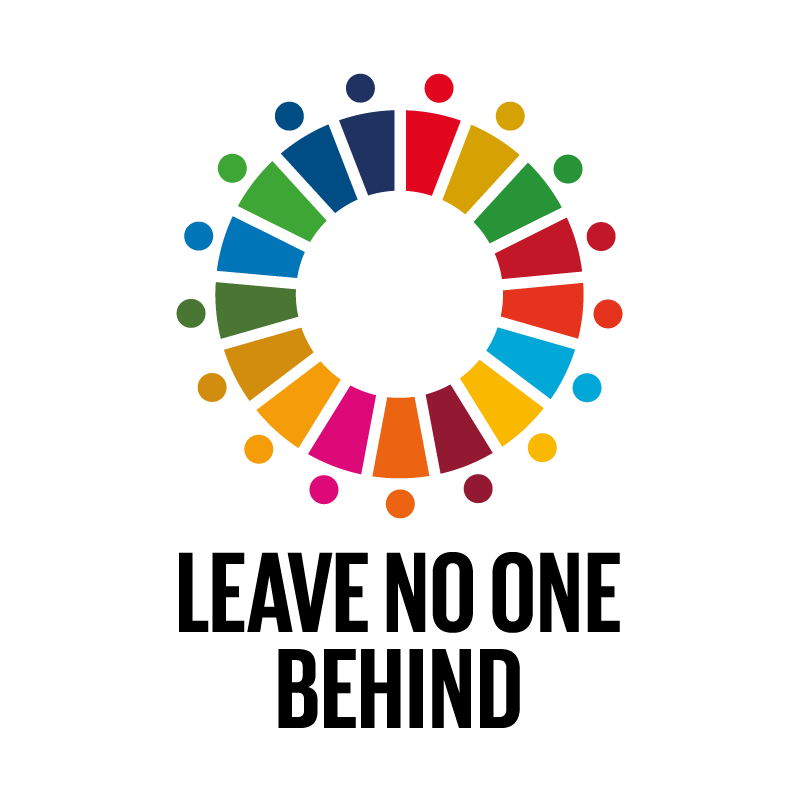The International Day of Family Remittances (IDFR), established by the United Nations General Assembly, highlights every year the significant sums of money that over 200 million migrants send home to improve the lives of over 800 million family members.
This Day draws our attention to the economic impact of this money on households, communities, and nations, and recognises the sacrifice, separation and generosity often involved.
By 2030, it is projected that over US$ 5 trillion will be sent home by migrants to low- and middle-income countries (LMICs), with much of this money going directly to rural areas where 80 per cent of the world’s poor live, face food shortages, and the impacts of climate change.
This money, sent by migrants and diaspora communities, directly supports millions of families to achieve their own Sustainable Development Goals (SDGs). They contribute directly to poverty alleviation, education, healthcare, small business development, gender equality, and rural economic growth.
The IDFR campaign aims at ensuring support for the observance and dissemination of resulting actions in the framework of the decennial #FamilyRemittances Campaign 2020‑2030: Support one billion people to reach their own SDGs.
The theme of the 2023-2024 #FamilyRemittances campaign, “Digital remittances towards financial inclusion and cost reduction” draws our attention to the positive effects of digitisation in reducing the costs of sending money home, improving access, and advancing financial inclusion.
On this Day, we not only acknowledge the contributions made by migrants, but also reflect on and celebrate the work, collaboration and partnerships involved by so many, including financial service providers, money transfer operators, governments, and regulators, to facilitate these flows, and the significant achievements made.
Over the past decade, we have seen a transformation for many of us in the way we send and receive cross-border money transfers, with significant improvements in the affordability, access and convenience of services, as well as the broader financial services available to us.
However, this is not the case for everyone. There still exists significant barriers to digital remittance and financial services for many people, especially amongst the most marginalised and many living in rural areas.

Aligning with the SDG Universal Value to “Leave No One Behind” our primary focus remains on achieving inclusivity and access to digital remittance and financial services. We need to make sure that the same benefits we have seen for many, are available for all.
Join us, and let us work together, one family at a time, to digitise remittances towards financial inclusion and cost reduction, and to leave no one behind.
We recognize the contributions made by migrants all over the world to their families, friends, communities and countries through the money they send home. Helping families to reach their own SDGs.
We, on behalf of all the receivers of remittances, extend our gratitude and say thank you, recognizing the sacrifice, separation and generosity that are often involved in sending money home.
We recognize and commend all those involved the significant achievements that have been made in and around international and domestic remittances to facilitate affordable, safe, secure, transparent, fast and convenient remittances services.
We make a pledge to continue to work in partnership and collaboratively to leave no one behind – to digitalize remittances towards financial inclusion and cost reduction.